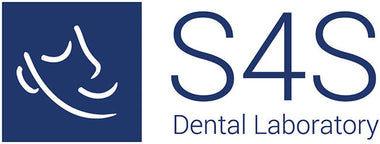Did you know that the cause could be your teeth?
Bruxism (tooth grinding and jaw clenching) has many effects on the sufferer. One of the most debilitating effects of Bruxism, however, may be headaches, migraines and chronic tension headaches. Those suffering from headaches and migraines often seek painkillers or advice from their GP to resolve the problem – after all, why would you assume a headache was caused by the clenching or grinding of teeth?
A lot of us have strange habits during sleep, such as snoring, involuntary leg movements – and sometimes even talking. Another habit that is more common than you think is actually the clenching of the jaw and/or grinding of teeth – thought to affect 80% of the population at some stage in their lives.



